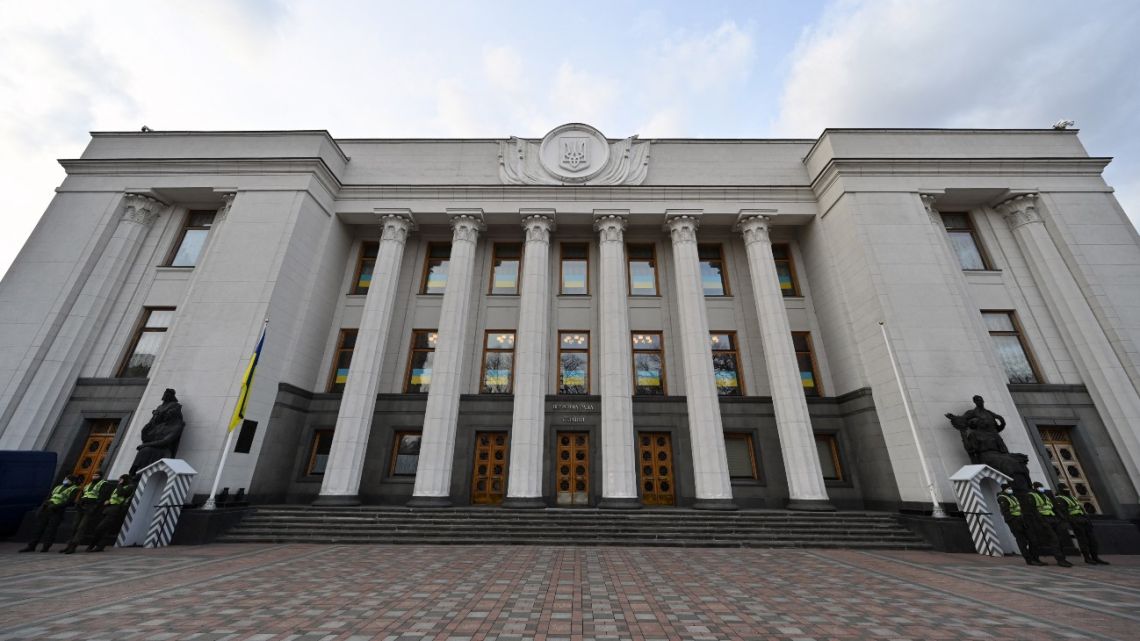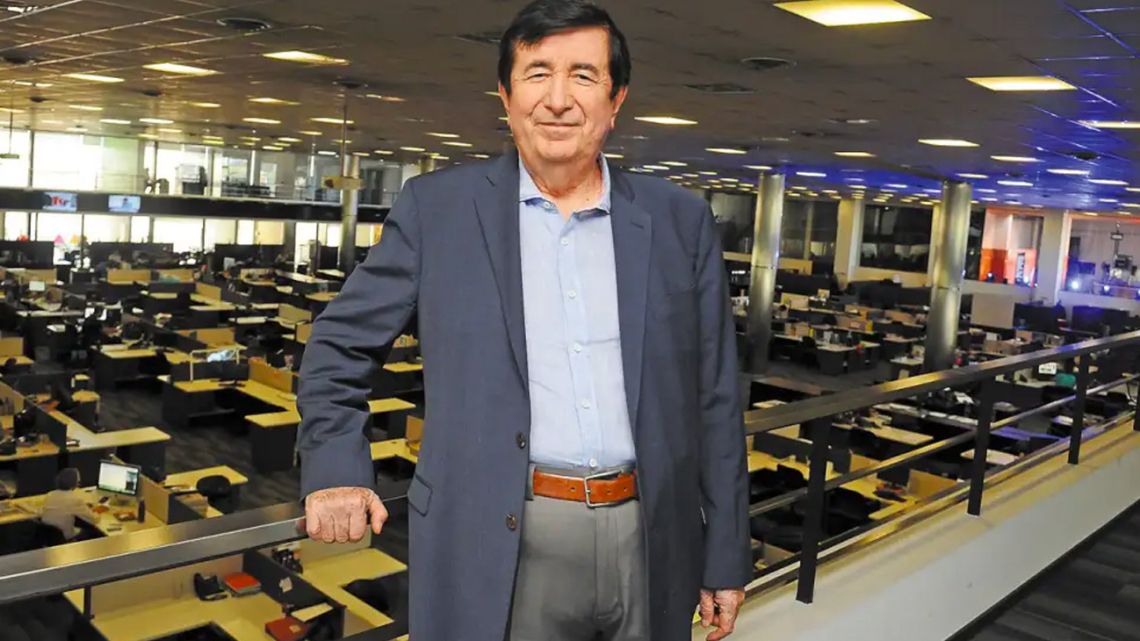President-elect Donald Trump has chosen North Dakota Governor Doug Burgum to lead both the Department of Interior and a new National Energy Council. This move signals a significant shift in U.S. energy policy. Burgum, known for his pro-fossil fuel stance, will oversee federal land management and energy production.
The newly created National Energy Council aims to streamline energy policies across all federal agencies. Trump’s goal is to achieve what he calls “energy dominance” for the United States. This approach prioritizes increased domestic oil and gas production over environmental concerns.
Burgum’s background aligns closely with Trump’s energy vision. As governor of North Dakota, he championed the state’s oil industry. His policies helped make North Dakota the third-largest oil-producing state in the nation. Burgum also pursued carbon capture initiatives and hydrogen energy development.
 Trump Taps Oil Advocate Burgum for Dual Energy Leadership Role. (Photo Internet reproduction)
Trump Taps Oil Advocate Burgum for Dual Energy Leadership Role. (Photo Internet reproduction)Trump’s announcement emphasizes a return to fossil fuel expansion. He plans to reverse many of the Biden administration’s climate policies. The president-elect criticized what he called the “war on American energy” by environmental advocates.
This appointment raises concerns among environmentalists. They worry about potential impacts on public lands and wildlife. Critics argue that expanding fossil fuel production contradicts urgent climate action needs. However, industry groups have welcomed Burgum’s nomination.
The dual role gives Burgum significant influence over U.S. energy and environmental policies. He will have a seat on the National Security Council, linking energy policy to national security. This arrangement mirrors previous administrations’ “czar” positions but with different objectives.
Trump’s energy strategy focuses on reducing regulations and boosting private sector investments. He claims this approach will lower energy costs and create jobs. However, some economists question the direct impact of such policies on global energy prices.
Trump Taps Oil Advocate Burgum for Dual Energy Leadership Role
Burgum’s nomination reflects Trump’s broader economic vision. It emphasizes resource extraction and deregulation as paths to economic growth. This stance contrasts sharply with current efforts to transition to renewable energy sources.
The appointment must still receive Senate confirmation. If approved, Burgum will lead an agency with about 70,000 employees. His role will be crucial in shaping America’s energy landscape for the coming years.
This policy shift could have far-reaching implications for climate change efforts. It may also affect international energy markets and geopolitical relationships. The coming months will likely see intense debate over the future direction of U.S. energy policy.

 By The Rio Times | Created at 2024-11-16 08:25:38 | Updated at 2024-11-22 14:35:48
6 days ago
By The Rio Times | Created at 2024-11-16 08:25:38 | Updated at 2024-11-22 14:35:48
6 days ago








